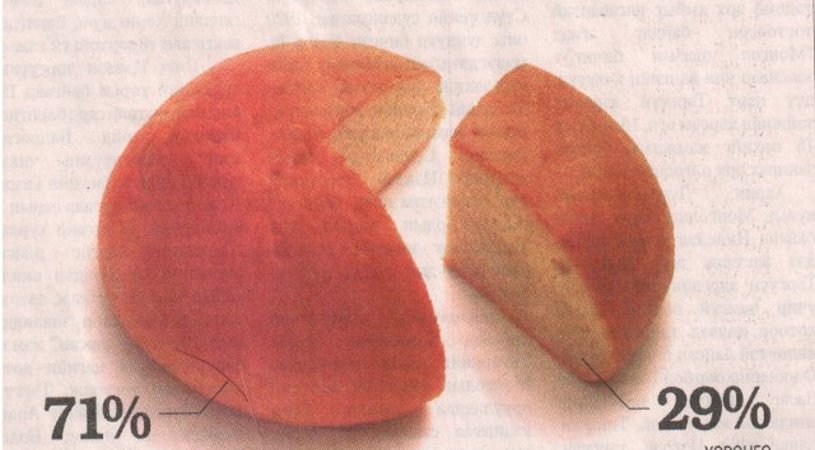Politicians and Madison Avenue have long known that we all use simple cognitive devices (clichés, bromides, platitudes, stereotypes; etc) to do much of our logical heavy lifting in day-to-day life, and this professional knowledge has been validated by decades of research by psychologists. The psychologist Daniel Kahneman recently had a New York Times bestselling book called “Thinking, Fast and Slow,” that I recommend, in which he thoroughly documents the many experiments that have supported the hypothesis that we all are susceptible to accepting bad ideas due to our own poor thinking.
In Mongolia there is a longstanding stereotype of the foreign merchant as swindler of the trusting herdsman rather than seller of a useful product, and this stereotype has developed overtime as a result of countless real world interactions on the steppe. People are intuitively cautious here when it comes to outsiders offering great deals. You can almost hear the collective sigh “we’ve heard this before” each time someone drops in the country to promote the newest and greatest get rich scheme. As such, anyone attempting to do business in Mongolia starts off with the wind in their faces in terms of positive messaging.
Over the last few years this stereotype has been drawn upon with increasing frequency whenever a politician has wanted to turn a policy discussion that effects foreign investment into a discussion of nationalism or populism. The effectiveness of this tactic has been mixed in my opinion, in part because most politicians have their own credibility problems, but the idea that foreign investors are modern day sellers of cheap trinkets here to cheat rather than help is something people are inclined to accept as fact without further evidence.
As Daniel Kahneman explains in his book, stereotypes are rather pernicious because they subconsciously facilitate confirmation of what people are already predisposed to believe. For example, Mitt Romney’s secretly recorded comments about the “47 percent” in the US were damaging in their own right but also in their reinforcement of the stereotype that Republicans, as Peter Griffin’s father-in-law on the Family Guy says, “help those who can help themselves.” Romney’s campaign spent months trying to portray him as someone who cares about more than just the wealthy, and the comments undid all that work in a single news cycle. And, it happened regardless of whether the perception of Mitt Romney as an uncaring Republican is true in reality or not.
Avoiding the “foreign investor” stereotype in Mongolia represents a similar challenge for businessmen, and I personally would give the foreign business community in Mongolia a grade of C- in this area. Each time a populist piece of legislation is passed through parliament, whether good or bad for Mongolia, it is shockingly easy to find quotes in local media from foreign investors eager to talk about how the law affects their bottom line with little regard for how it affects Mongolia’s. The latter being infinitely more important to people that live here and vote than the former. Surely, if the business community and the public are partners, the business community should be able to find areas where both partners are negatively impacted by these laws, shouldn’t it? For example, increased costs of doing business due to increased regulation making it more difficult to create local jobs. Neglecting these areas of overlap in interests unfortunately reinforces the stereotype, whether true or not, that investors like merchants of the past are only here to make a quick buck.
This is a rather long preamble to the heart of this post. One company has actually distinguished itself from the rest of the business community in its efforts to avoid the stereotype and promote common interests between investors and the general public. It is hard to open any newspaper in the country and not find an advertisement from Oyu Tolgoi promoting its partnership with Mongolia. I don’t want to give the impression that I have a positive or negative opinion about the content or intent of the advertisements, but instead I am just drawing attention to an interesting aspect of daily life in Mongolia that I think is driven by an assertive effort to diminish the political effectiveness of a pervasive negative stereotype. You can’t go anywhere without seeing advertisements about the positives related to the Oyu Tolgoi project. This, of course, is balanced by some very vocal politicians labeling the project as a bad deal or unfair agreement for Mongolia, drawing directly on that negative stereotype for credibility. The rest of us are left in the middle wondering who is exercising more or less “truthiness”1 in their claims.
It is with this in mind that I found a recent series of advertisements that have appeared in the local papers very interesting. As the chorus of political rhetoric that refers to Oyu Tolgoi as unfair or a bad deal has increased in volume, Oyu Tolgoi has responded with a visual demonstration asking “Who benefits from Oyu Tolgoi?” (Оюу толгой хэнд ашигтай вэ?) and showing the “71 percent of profits (i.e. benefits) for Mongolia” and “29 percent for investors.” And, below the images in the ads is the follow up question “Do you call this a bad (benefit-less) deal?” (Энэ ашиггүй гэрээ гэж үү?) I conclude by showing three examples of the ads below for your consideration.



Footnotes
1. As defined by Merriam-Webster Online Dictionary: “the quality of preferring concepts or facts one wishes to be true, rather than concepts or facts known to be true.”



